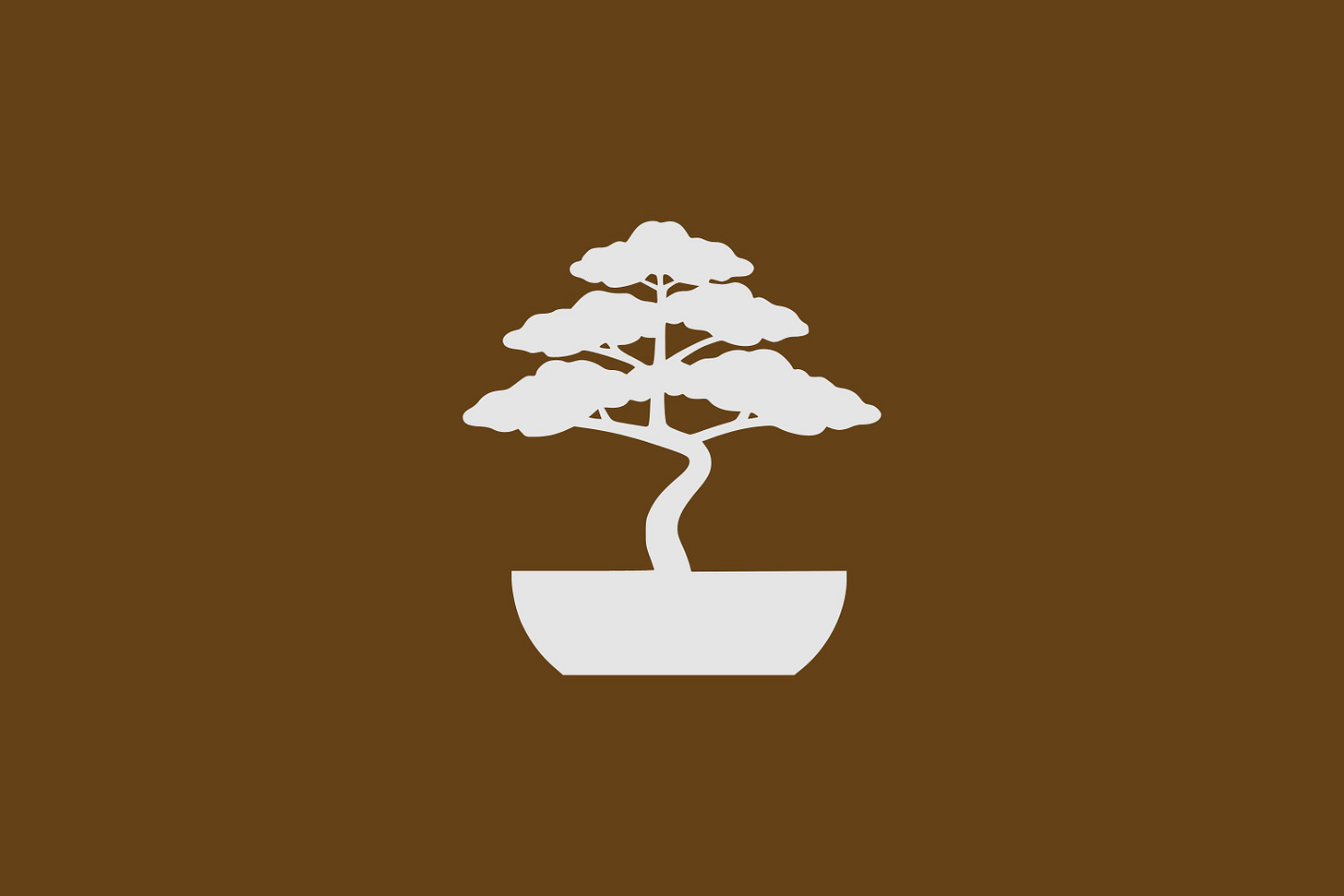Normalize hating Indian hate
Like a bonsai’s trunk that grows in wayward paths, so does our society’s trajectory toward equality sometimes.
Issue #88
Hi all —
On one of my regular trips to a bookstore a few weeks ago, I picked up a bonsai tree kit. Inside were four tiny seeds and a shallow dish to grow a tiny tree from seeds.
After following all the planting steps, I’ve been staring at it each morning in hopes for a glimmer of growth. The internet tells me it could take a year to even grow into seedlings, upward of a decade to turn into a small bonsai tree, and then many more years after that to become a mature bonsai.
It makes me think of our American democracy, our credo “that all men are created equal,” and new developments that hinder equality in the U.S., including the dismantling of DEI (diversity, equity and inclusion) initiatives. The bonsai is a reminder that progress can be slow, as demonstrated via a controversy over the last couple weeks.
The Wall Street Journal uncovered a Twitter account connected to one of Elon Musk’s Department of Government Efficiency (DOGE) officials that was full of racist rhetoric. The 25-year-old DOGE employee, Marko Elez, had written:
“Just for the record, I was racist before it was cool”
“You could not pay me to marry outside of my ethnicity”
“Normalize Indian hate”
Elez, who WIRED reported had “direct access to Treasury Department systems responsible for nearly all payments made by the U.S. government,” resigned from DOGE after the revelations. But then Musk said he would rehire Elez after Vice President JD Vance stepped in:
Congressman Ro Khanna (D-California), who is Indian American and represents a heavily Indian part of the San Francisco Bay Area, then responded to Vance’s tweet:
That apparently touched a nerve. Vance’s wife, Usha, is Indian American, so their three children are also half Indian.
Perhaps we should normalize hating Indian hate and assert that:
It’s not controversial to think Elez’s tweets are disqualifying, especially for a public official.
It’s not “woke” to condemn words that are racist toward people who are like your own children, but rather basic humanity.
Fundamental to journalists’ very role — in a functioning democracy, at least — is to hold government officials accountable. DOGE is not one of Musk’s companies but a taxpayer-funded government agency. DOGE officials should face scrutiny, just like any other position in government.
Of course politicians of all stripes often conveniently ignore facts and norms. Instead of Vance affirming the fact that the United States will look more and more like his own multiracial children in the years to come, it’s likely the vice president is playing to the segments of the MAGA base who may be against the founding fathers’ core sentiments “that all men are created equal.”
Like a bonsai’s trunk that grows in wayward paths, so does our society’s trajectory toward equality sometimes.
Thanks for joining the conversation,
Vignesh
Related links
History Can’t Hide from Kahlil Greene highlights a culture of anti-South Asian bias among some social media influencers and parts of the tech world.
Academic research confirms hate speech on X (Twitter) surged for at least eight months after Elon Musk’s takeover of the platform. Though it seems to be continuing: Stop AAPI Hate’s recent data found a surge in online hate against South Asian communities, including slurs and threats of violence.
Humor website McSweeny’s published a satirical take on JD Vance’s response to this “normalize Indian hate” controversy.
From the RWB archive
And because we all need a laugh…
Anyone with a name they have to constantly spell out on the phone will relate:
Red, White and Brown Media facilitates conversations through the lens of South Asian American race and identity — via journalism, social media and events. Please tell your friends and family to subscribe to this newsletter.










Interesting thoughts. Hoping the next decade does not tarnish the basics of how the US was built. Best wishes with the bonsai ❤